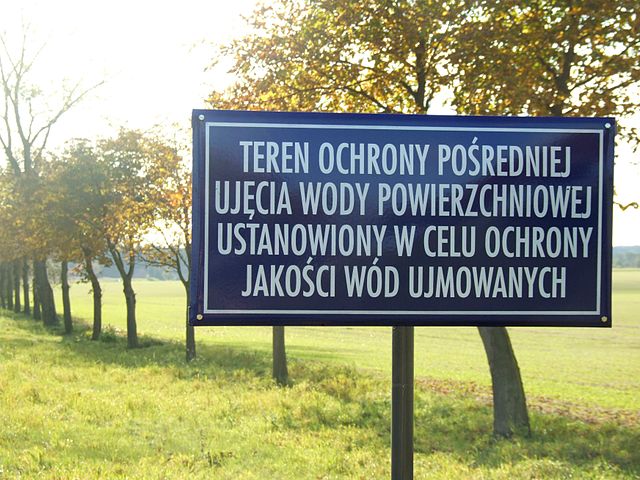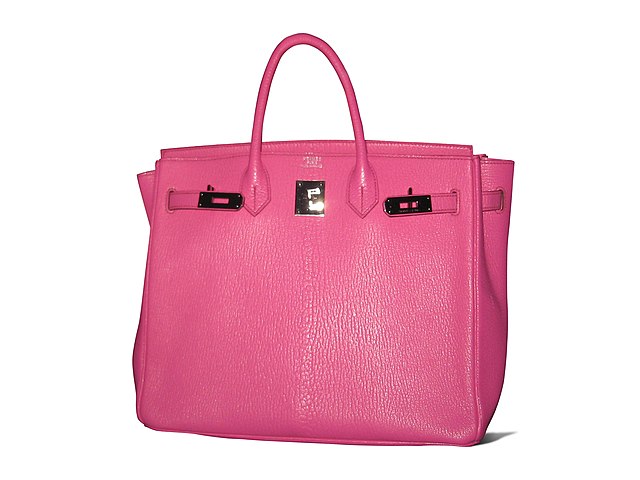The Polish Golden Age was the Renaissance period in Poland and the Grand Duchy of Lithuania, roughly corresponding to the period of rule of the King Władysław II Jagiełło (1386–1434) and Sigismund II Augustus, the last of the Jagiellonian Dynasty monarchs, until his death in 1572. Some historians argue that the Polish Golden Age continued into the mid-17th century, when the Polish–Lithuanian Commonwealth was ravaged by the Khmelnytsky Uprising (1648–57) and by the Swedish and Russian invasion. During its Golden Age, the Commonwealth became one of the largest kingdoms of Europe and at its peak stretched from modern-day Estonia in the north to Moldavia in the south and from Moscow in the east to Brandenburg in the west.
King of Poland and Grand Duke of Lithuania – Sigismund II Augustus and Queen of Poland, Grand Duchess consort of Lithuania – Barbara Radziwiłł in Vilnius by Jan Matejko.
Jagiellonian University in Kraków
Nicolaus Copernicus, one of the most important astronomers in history
Tapestry with shield-bearing satyrs and monogram SA of king Sigismund Augustus, ca. 1555
Polish is a West Slavic language of the Lechitic group within the Indo-European language family written in the Latin script. It is primarily spoken in Poland and serves as the official language of the country, as well as the language of the Polish diaspora around the world. In 2023, there were over 40.6 million Polish native speakers. It ranks as the sixth most-spoken among languages of the European Union. Polish is subdivided into regional dialects and maintains strict T–V distinction pronouns, honorifics, and various forms of formalities when addressing individuals.
The oldest printed text in Polish – Statuta synodalia Episcoporum Wratislaviensis printed in 1475 in Wrocław by Kasper Elyan.
A formal-tone informative sign in Polish, with a composition of vowels and consonants and a mixture of long, medium and short syllables
The Jakub Wujek Bible in Polish, 1599 print. The letters á and é were subsequently abolished, but survive in Czech.
Common handbag in Polish is called a torba, a word directly derived from the Turkish language. Turkish loanwords are common as Poland bordered the Ottoman Empire for centuries.[failed verification]








